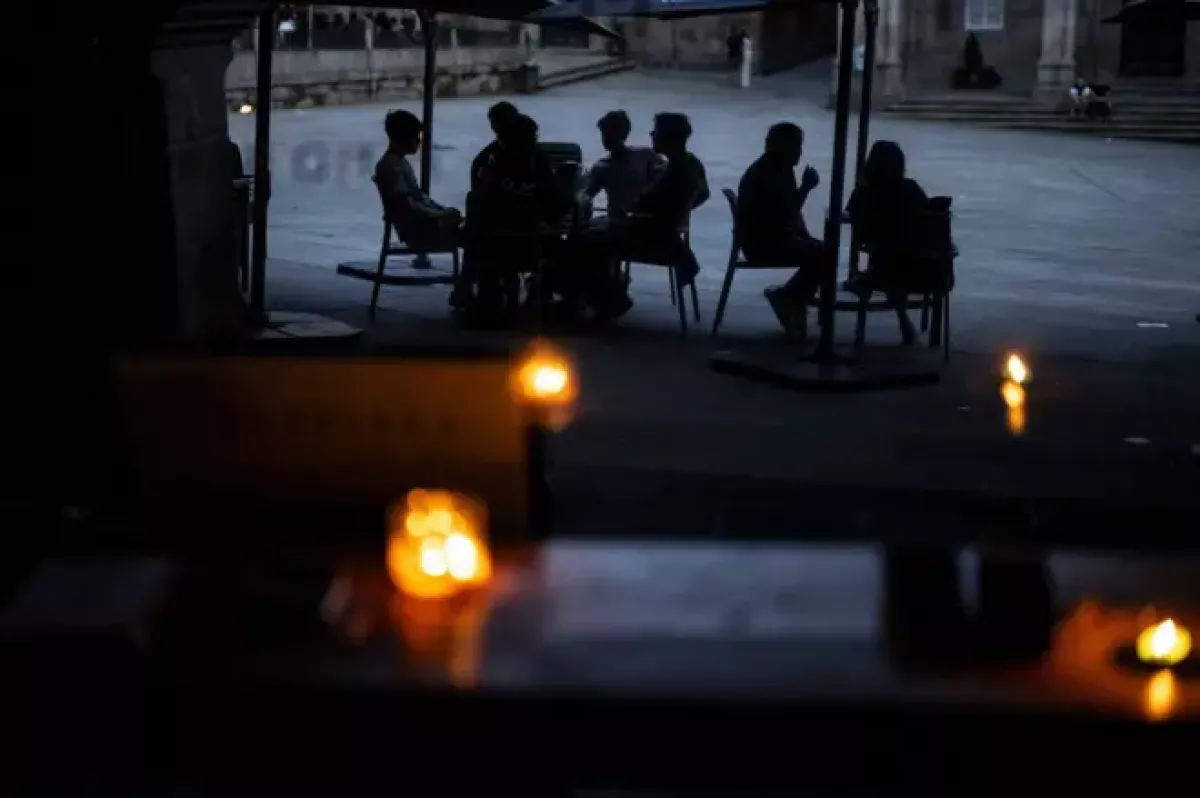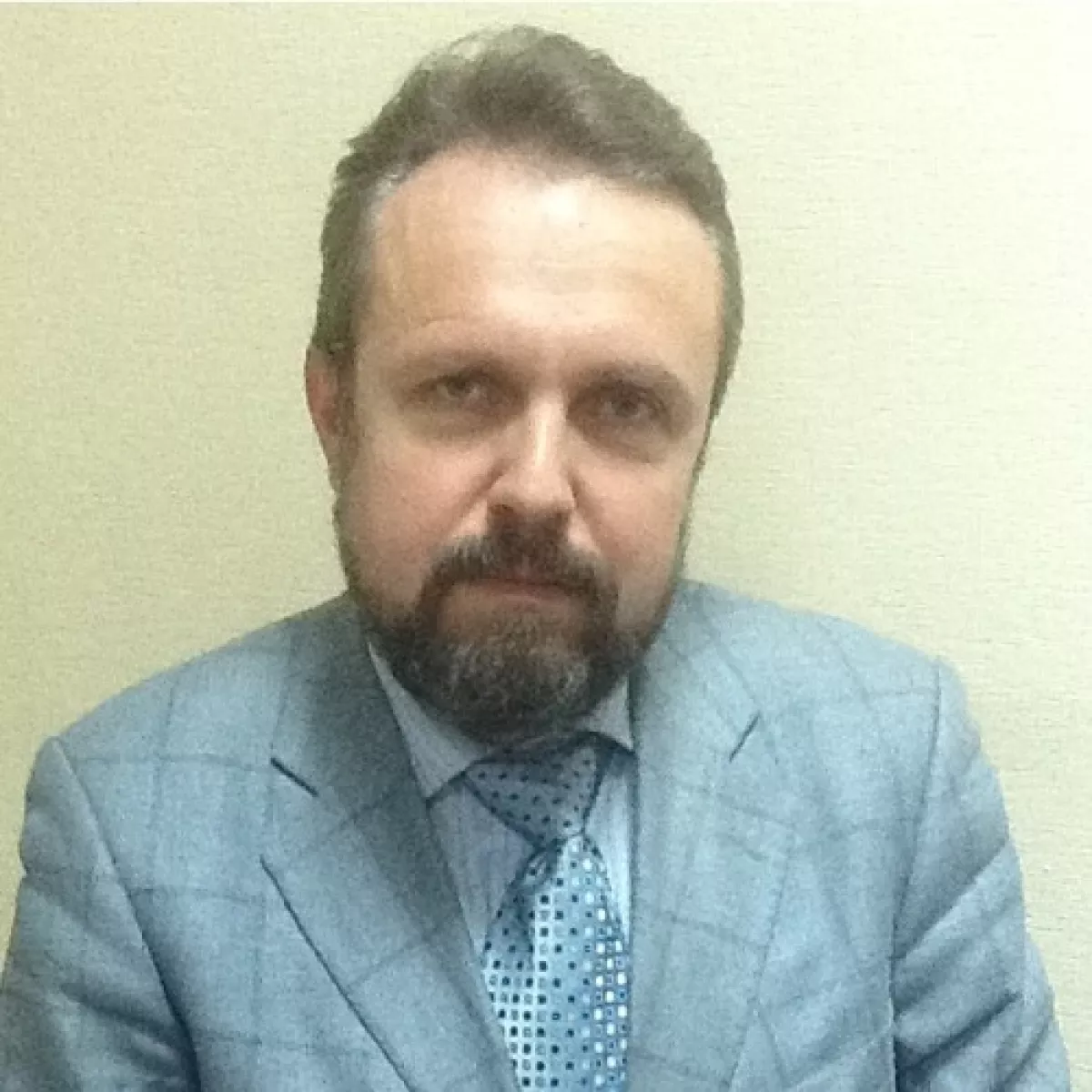Blackout in the heart of Europe: Accident or link in a chain of hybrid attacks? European experts weigh in on Caliber.Az
The Czech Republic was hit by a blackout. Almost the entire country lost power, the country’s fire and rescue service reported on July 4.

“We are registering a large number of incidents related to power outages in Prague, as well as in Central, Northern, and Eastern Bohemia,” the agency said in a statement published on X.
In Prague, the emergency affected several districts, including the city centre. Trams and metro trains stopped running, traffic lights, ATMs, and payment terminals were out of service. The Czech police increased patrols in the affected areas and dispatched officers to control traffic at intersections.
ČEPS, the company responsible for electricity transmission across the country, reported a “failure on transmission line V411, which led to an isolated operational mode in the northern and eastern parts of the Czech Republic.”
“Part of the transmission network was left without power, and the failure also affected many distribution substations. The causes of the incident are being investigated,” said ČEPS spokesman Lukáš Hrabal.

The Czech police added that the intelligence services are also investigating the possibility of a cyberattack. As a precaution, a warning was sent to neighbouring Austria.
As a reminder, at the end of April 2025, a large-scale power outage occurred in Spain, Portugal, and southern France. The blackout affected an area with a population of around 50 million people and became one of the largest in modern European history.
A state of emergency was declared in Spain at the time. The national operator, Red Eléctrica, reported a “sharp power fluctuation” that triggered the failure. A similar explanation was given by the Portuguese operator Redes Energéticas Nacionais (REN). However, Politico sources claimed that the incident may have been the result of a cyberattack.
Portugal’s Ministry of Internal Affairs did not rule out this possibility either. In March, power supply problems also occurred at Heathrow Airport in London.
Against this backdrop, it is quite reasonable to ask: could such incidents be part of Russia’s hybrid war against the West? After all, Moscow has repeatedly been accused of cyber interference, industrial sabotage, and even assassinations on European soil.
European analysts shared their views on the matter with Caliber.Az.

Ondřej Soukup, an expert on post-Soviet countries and correspondent for the international affairs desk at Czech Radio (Prague), noted that threats from Russia are well known.
“We know that there have previously been cyberattacks from that direction targeting Czech hospitals and other facilities. In this particular case, the incident most likely has technical causes, but it is clear that all our intelligence services are taking the possibility of such scenarios from Russia very seriously,” he emphasised.

Ināra Groce, member of the Rezekne City Council (Latvia), political scientist, publisher and editor of Žurnāls A12, stated that cyberattacks and information operations play a significant role in Russia’s strategy.
“It’s possible that this incident in the Czech Republic is another narrative in the information space — one that creates the impression that everything is bad and getting worse. This kind of messaging works on certain segments of the population, because it’s easier to look for someone to blame than to solve problems on your own. Russia is exploring different ways to influence civil society, as well as the digital and information space of European countries,” she said.

Alexander Cherkassky, analyst, publisher, and editor-in-chief of the magazine Neue Zeiten and YouTube channel Neue Zeiten TV (Germany), noted that the recent incident and the possible involvement of Russian intelligence services are being actively discussed in Germany.
“Roderich Kiesewetter, Deputy Chairman of the Bundestag Committee for Oversight of Intelligence Services and a representative of the CDU, has proposed expelling the remaining Russian diplomats and agents still in Germany. In an interview with Handelsblatt, he linked this to the growing number of cyberattacks and acts of sabotage attributed to Moscow.
According to him, Germany should also shut down the ‘Russian House’ in Berlin — a cultural centre controlled by the Russian Foreign Ministry and already under EU sanctions. Kiesewetter recalled that back in April 2022, Germany expelled 40 members of the Russian diplomatic mission, but in his view, that was not enough.
The ‘Russian House’ hosts exhibitions, lectures, and language courses. However, Kiesewetter believes that such institutions are used not only for cultural purposes but also for propaganda and exerting influence on German society,” the analyst said.
He added that various emergencies, including incidents at Bundeswehr facilities, have become more frequent in recent times.
“For example, not long ago, military vehicles at Bundeswehr repair workshops were set on fire. A rumour began circulating that these were allegedly vehicles intended for the Ukrainian Armed Forces. Although that’s not the case, there have already been claims that Russian intelligence agents could be behind the attack. The investigation is ongoing, but such incidents are becoming increasingly frequent,” Cherkassky stressed.

Anatoliy Pinchuk, Chairman of the Board of the Institute for Eastern European Security (Kyiv), expressed confidence that the activity of Russian intelligence services in cyberattacks warrants close scrutiny.
“As for the recent blackouts, in the case of the Czech incident, the cyberattack theory is being considered as one of the possibilities — alongside, incidentally, the possibility of terrorist interference. In any case, we must wait for ČEPS’s final report on the causes of the failure. European energy systems in general show vulnerabilities — to technical issues, natural events, and attacks by terrorists or intelligence services, whether Russian or otherwise. There is an urgent need to modernise the networks, create backup systems, and strengthen their protection,” the expert concluded.








